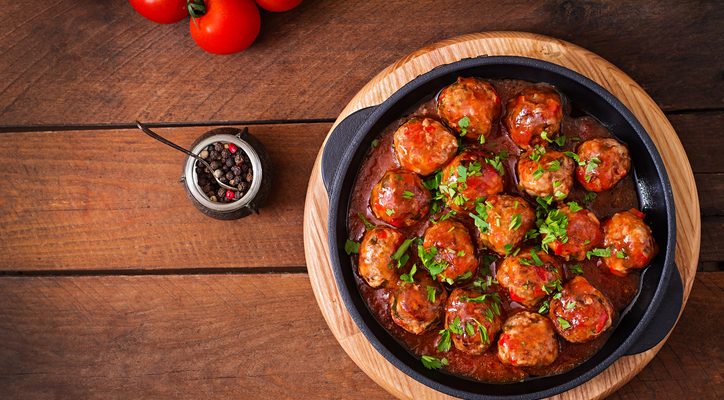
Gluten-sensitive enteropathy, or celiac disease, affects children and adults alike. It’s a condition that’s considered an autoimmune disorder, because your body’s immune system attacks its own tissues.
In this case, the lining of the small intestine is attacked by your immune system when the protein from wheat, known as gluten, is absorbed through the specialized membranes. The component within the gluten protein which causes this immune response is an amino acid called gliadin. Wheat proteins are broken down by the upper digestive tract into their smaller, component molecules, called amino acids. The gliadin creates an autoimmune response, which causes the inner membrane of the small intestine to become inflamed.
People who have gluten-sensitive enteropathy for extended periods of time can experience pain, gas, bloating, diarrhea, rashes, joint pain, and various nutrient deficiencies caused by malabsorption.
The disorder is usually quite different in adults, with symptoms appearing gradually and being somewhat milder and vague. I like to think of this condition as a specific sensitivity to gluten, as opposed to an all-out allergy. In either case, the same effect on the gut can cause serious health issues.
To treat and manage your gluten sensitivity, you must remove gluten from your diet and allow the small bowel absorptive membranes to heal. Presently, this situation is really easy to do, given the fact that there are a lot of gluten-free foods available today that are used in baked goods and snack foods.
It’s important to double-check labels, since gluten powder is commonly added to many foods.
If you’re sensitive to gluten or on a gluten-free diet, then avoid these foods:
- · Wheat products, including wheat flour
- · Rye products, including rye flour
- · Barley products, including barley flour
- · Oat products and oat flour, as some can contain added gluten; read the labels and use steel-cut oatmeal; as this product is not likely to have any added gluten
If you have a gluten sensitivity or allergy, or are on a gluten-free diet, then you can eat:
- · Meats, fish, vegetables, dairy products, fruits, seafood, nuts, seeds, and legumes, including soy
- · Grains and flour, including corn, rice, potato, amaranth, quinoa, and flax
I recommend consuming yogurt with high amounts of gut-friendly bacteria and omega-3 oils to speed healing and decrease the level of gut inflammation.
What’s your favorite gluten-free food?
Sources:
Nelson, D., “Gluten-Sensitive Enteropathy (Celiac Disease): More Common Than You Think,” Am Fam Physician. December 15, 2002; 66(12): 2259-2266.
Brown, A., “Gluten sensitivity: problems of an emerging condition separate from celiac disease,” Expert Rev Gastroenterol Hepatol 2012; 6(1): 43-55.













